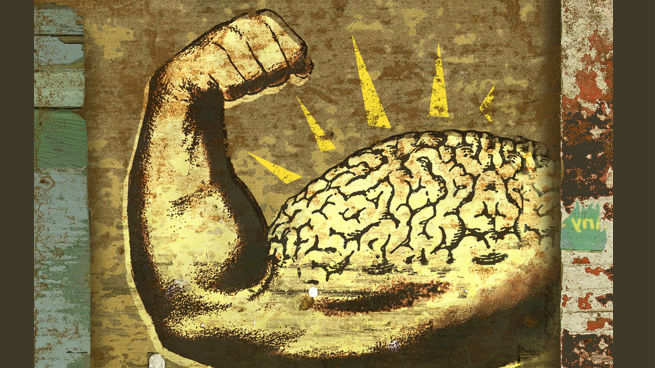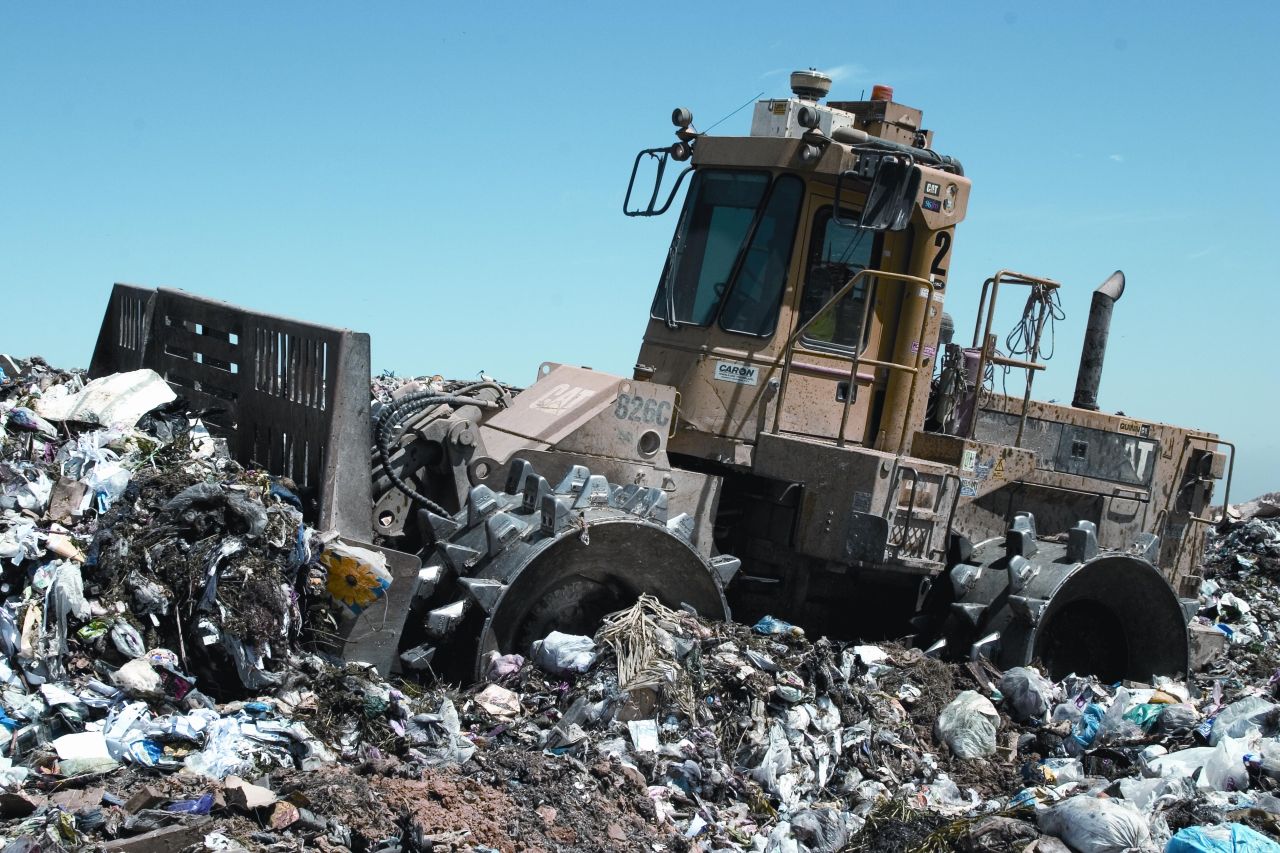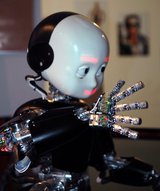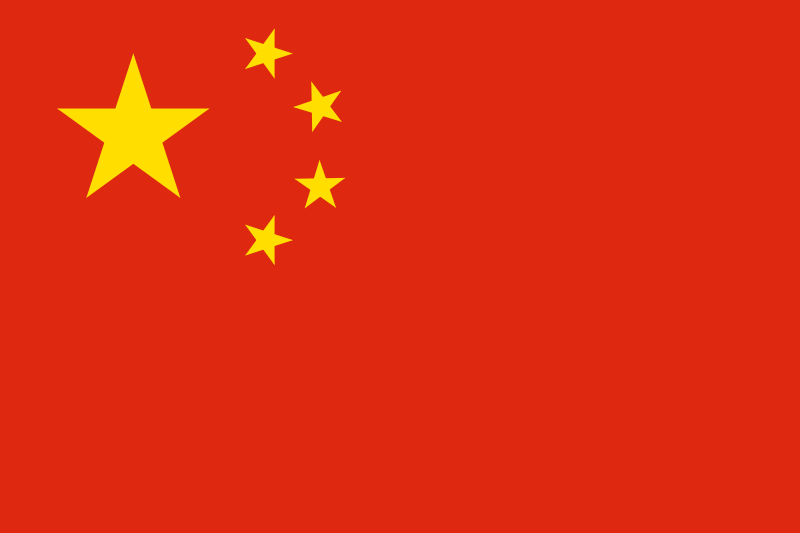bigthinkeditor

Entrepreneur and virtuoso exam-taker Shawn O’Connor explains how to unleash your brain’s inner genius and conquer any test.
The Gates Foundation has made a new foray into the contentious field of GMO crops. This time it’s a bid to develop virus-resistant cassava varieties for Africa.
IBM envisages tomorrow’s computer as a big sandwich of silicon chips. It’s teaming up with 3M to develop a special glue that would make the evolutionary leap in computing possible.
A Belgian company is working on mining landfills to remove raw materials and make energy and building materials out of them, and then redevelop the land.
Robots are bad at adapting to new situations, such as recognizing new objects, but researchers have found a way to make them better at figuring things out for themselves.
The same high-tech magnets used in MRI machines may soon be used to make wind turbines more efficient, thereby generating more clean energy from the wind.
Scientists believe ocean acidification—which is the trend again today—may have played a big role in the Earth’s worst extinction crisis 250 million years ago.
With 70 percent of Japanese now saying they want to phase out atomic energy, legislators have passed a bill to subsidize wind and solar power.
Is fundamental physics too heavy on theory? Jon Butterworth says it’s a hugely worthwhile exercise, unless you are utterly uninterested in understanding how things work.
Severe storms will become the new normal. Ensuring our cities have ubiquitous Wi-Fi, GPS, smart transit, and smart grids would be a smart way to make them more resilient.
The idea of infecting Mars with our germs is not new, but one microbiologist believes the next rover may have a higher chance of becoming a microbe lifeboat. Unlikely but possible.
Hulu, OpenTable, Rovio, Travelzoo, AOL’s ad network, Rovi, Twitter, NVIDIA, Sprint, and Salesforce. They are companies Business Insider tips Google might want to acquire next.
An entertaining read about self-help author Timothy Ferriss, who urges the would-be New Rich to check e-mail no more than twice a day and set automated “unavailable” responses.
Up to 300,000 Iranians may have had their Google email monitored using security certificates stolen from Dutch firm DigiNotar, one of many used to ensure no-one eavesdrops on secure communications.
The U.S. Army is crazy for apps and incoming Chief of Staff Ray Odierno may soon decide whether to require soldiers to carry smartphones as a standard piece of gear.
What does the launch of CrunchFund—and the fact that Mike Arrington is at its helm—spell for the future of TechCrunch? Paul Carr rejects claims of ethical violations.
German Chancellor Angela Merkel envisions a tight alliance of the 17 euro-zone members—one which would unify their fiscal, budgetary and social policies, creating a two-class club.
Does the world need new political players and is Qatar poised to be one? It has shown strong political leadership, willingness and influence in recent major events in its region.
The focus is now on the reconstruction and stabilization of Libya, how to encourage its transition from a virtual monarchy to a democracy. That will cost money. Who should fund it?
After the 9/11 attacks, the U.S. had a golden chance to galvanise the world against terrorism—but failed to do so, writes a retired CIA counter-terrorism director, Robert Grenier.
While the U.S. can expect sustained efforts to slash the defense budget, it faces a growing strategic challenge: China has been engaged in a rapid and wide-ranging military buildup.
More evidence on why you should meditate: research shows it increases your ability to control your alpha brain waves. That translates to better focus, less distraction.
Toronto researchers using MRI have found that the way formerly depressed people’s brains react to sad movies is a reliable predictor of their likelihood to relapse.
The field of psychology appears to be way overinvested in lab studies and strikingly underinvested in field studies. Should researchers get out in the real world more?
Memory is not a filing cabinet nor a videotape but fragmentary, malleable, and untrustworthy. Hence the introduction of radical new eyewitness testimony rules.
Neuropsychiatry now not only better understands psychological resilience, but how to improve it. That’s good news for anyone coping with stress, not just those with disorders.
Scientists once said Neanderthals and modern humans never mated, then that they had but the surviving Neanderthal genes were not functional. Now they say we can thank them for key immune genes.
There are 198 drugs—including critically needed antibiotics, cancer drugs, diuretics, sedatives, stimulants and vaccines—in short supply in the U.S.
Signs often have an effect opposite to that intended. The problem is that to persuade people not to do something, you first have to raise the issue, increasing its salience in their minds.
Two prominent tobacco researchers have argued against adopting a “well-meaning” health policy that would see adult movie ratings in the U.S. for films with on-screen smoking.




























